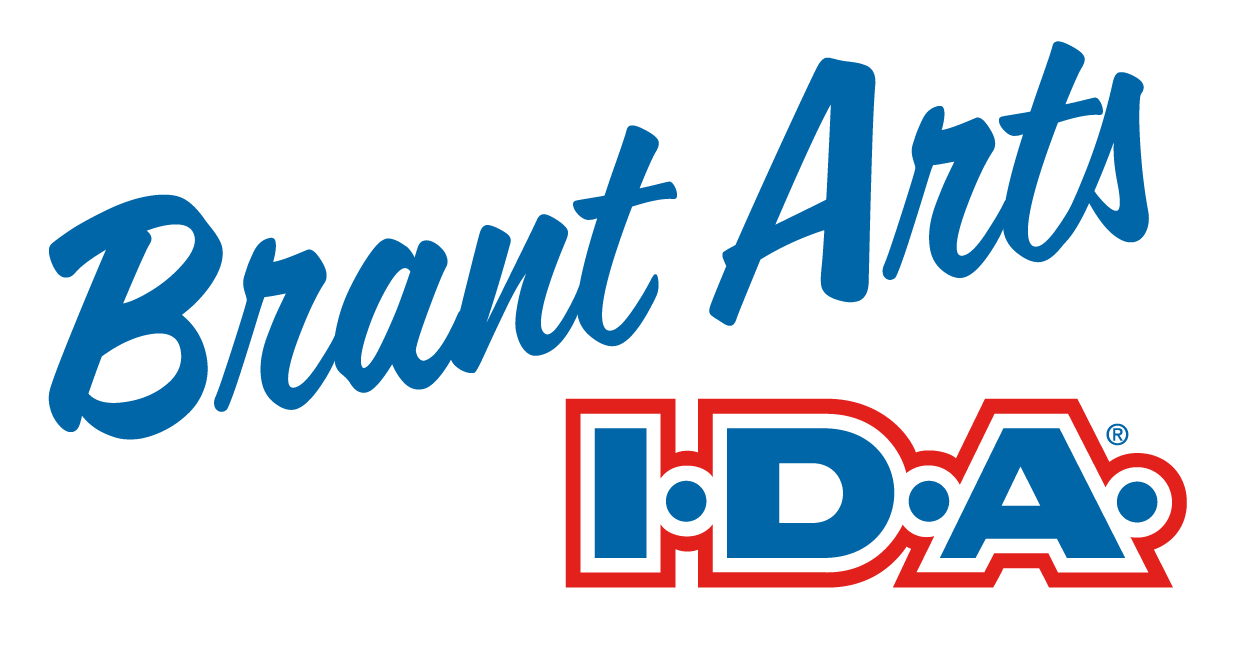Blog
As winter fades and flowers begin to bloom, many of us are eager to head outdoors and soak up the sun. But if you’re one of the millions who suffer from seasonal allergies, spring can feel less like a fresh start and more like a daily battle against sneezing, congestion, and itchy eyes. Fortunately, with a few smart strategies, you can minimize your symptoms and enjoy everything spring has to offer. Here’s your ultimate guide to surviving allergy season — sniffle-free!
Understand Your Allergy Triggers
Before you can fight allergies, it’s important to know what’s causing them.
In spring, the main culprits usually include:
- Tree pollen (from trees like birch, oak, and maple)
- Grass pollen (especially in late spring)
- Mold spores (common after spring rain)
🌿 Pro Tip:
Start tracking your local pollen forecast. Apps like Pollen.com or weather networks often provide daily pollen updates so you can plan outdoor activities wisely.
Create an Allergy-Proof Home
Your home should be a safe haven from allergens.
Here’s how to reduce pollen and irritants indoors:
- Keep windows and doors closed on high-pollen days.
- Use HEPA filters in your HVAC system and air purifiers.
- Vacuum regularly with a vacuum that has a HEPA filter.
- Wash bedding weekly in hot water to eliminate pollen.
- Remove shoes and jackets at the door to avoid tracking allergens inside.
Bonus Tip:
Don’t dry laundry outside during peak pollen times — clothes and bedding can collect pollen.
Manage Outdoor Exposure
You don’t have to hide indoors all spring — just be smart about when and how you spend time outside:
- Best times: After heavy rain (pollen is washed out of the air) or late afternoon/early evening (pollen levels drop).
- Wear sunglasses to shield your eyes and a hat to prevent pollen from landing in your hair.
- Shower and change clothes immediately after outdoor activities.
Stock Up on Allergy Relief
Over-the-counter (OTC) medications can make a world of difference.
Common options include:
- Antihistamines (e.g., cetirizine, loratadine) to relieve sneezing and itching.
- Nasal corticosteroid sprays (e.g., fluticasone) to reduce inflammation.
- Decongestants (oral or nasal) for short-term congestion relief.
Natural Remedies:
Some people find additional relief with Saline nasal rinses to flush out allergens and local honey (although evidence is mixed — it’s a low-risk, tasty experiment!).
Know When to Seek Professional Help
If over the counter medications aren’t enough, or if you experience severe symptoms like wheezing or asthma flares, it’s time to consult a professional.
You might benefit from:
- Prescription medications
- Allergy testing
- Immunotherapy (allergy shots)
Always speak to your pharmacist or healthcare provider before starting new medications, especially if you have underlying conditions or are taking other prescriptions. Our pharmacy team can recommend the right products and advise if it’s time to see a doctor. Contact us today!

